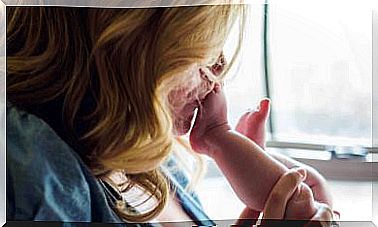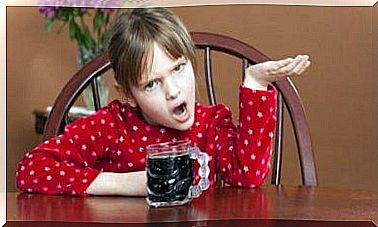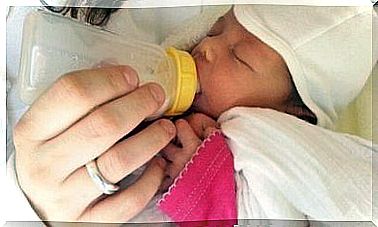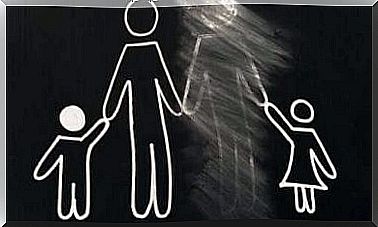Nocturnal Enuresis In Children – Being Parents
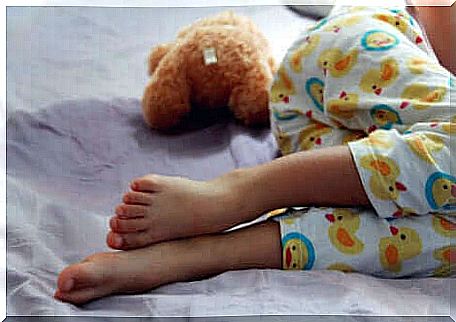
Bedwetting in children is a disorder that commonly happens when they are between 5 and 6 years old. But there are also cases of older children, 12-14 years old, who continue to wet the bed. The latter are the ones who suffer the most from the social consequences of bedwetting.
Bedwetting tends to get better as the child gets older. Around 18 months, approximately, 50% of children control urination during the day, and 10% also do so at night. But until 2 or 3 years, this control of sphincters does not stabilize. This is when they begin to regulate the pee of the night.
However, not all children can control their sphincters at this age. Some delay longer and others may suffer from bedwetting until adolescence for a variety of reasons. These can be physiological causes, psychological alterations, a deficiency of receptors or a low production of the hormone vasopressin which regulates urination during the night.
Want to learn more about bedwetting in children? This article is for you.
What is bedwetting in children?
Bedwetting is the inability to control urine at night and occurs at an age when there is expected to be voluntary control of urination.
- Primary enuresis. Happens when the child has never checked urine during sleep. This type of bedwetting is usually due to physiological causes.
- Secondary enuresis. This occurs when the child “regresses” when he was able to control his urination. It may be due to psychological issues.
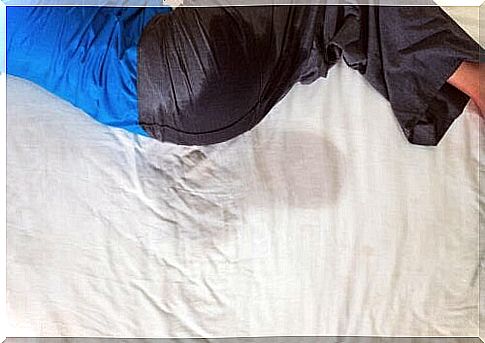
Consequences of bedwetting in children
Decreased self-esteem and self-confidence
The first reactions of the child are shame and fear. They are increasing because he realizes that other children do not wet the bed. This then generates insecurity and a drop in self-esteem.
Harms quality of sleep
Children who suffer from bedwetting tend to have poor quality sleep because their light sleep phase is more important than deep sleep. If they feel wet, they may wake up during the night several times and sleep is less restful.
Increases behavior problems
Children with bedwetting are more prone to stress. Indeed, this can cause them to develop behavioral problems, such as great difficulty in concentrating.
Difficulty in socializing
When children suffer from bedwetting, they have problems socializing, isolating themselves and don’t want to go to sleep with their friends for fear of peeing on each other and being laughed at or becoming the target of harassment. This problem is accentuated over time as the children grow up and become more social.
Some exercises to fight bedwetting in children
Exercise to control the muscles involved in urination
Ask the child, when he goes to the toilet, to hold back the jet. When the child pees, tell him to stop and hold the urination for a few seconds. It is important not to ask her to stop urinating more than twice, as this could cause a UTI. By the way, it is better to do it when it is almost finished, as there will be less pressure in the bladder.
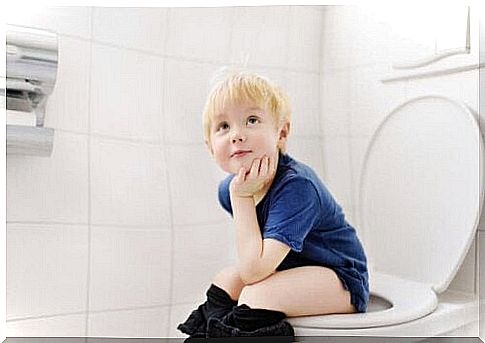
Waking up to pee at night
Parents can set an alarm and wake the child 3-4 times during the night and take him to pee. This exercise is very effective in getting the child used to getting up when he wants to pee. Thus, he will become aware of his reflexes and note the urges to go to the bathroom. Little by little, he will be able to do it automatically.
Exercise to lightly hold urination
This exercise is used to stimulate bladder capacity and improve urination control. The child is asked to refrain from going to the bathroom until he can no longer take it. At first, if he waits a few seconds, that’s enough. Then we can increase the waiting time a bit more. Thus, we stimulate the pelvic muscles. You always have to do this with care and without going to extremes, always with control.
You now know a little more about bedwetting in children. It is important to see a pediatrician if your child is having trouble controlling urination. And, if he can control it, but suddenly becomes bedwetting at night, you can try these exercises, and see if he improves. Otherwise, a specialist should be consulted.





